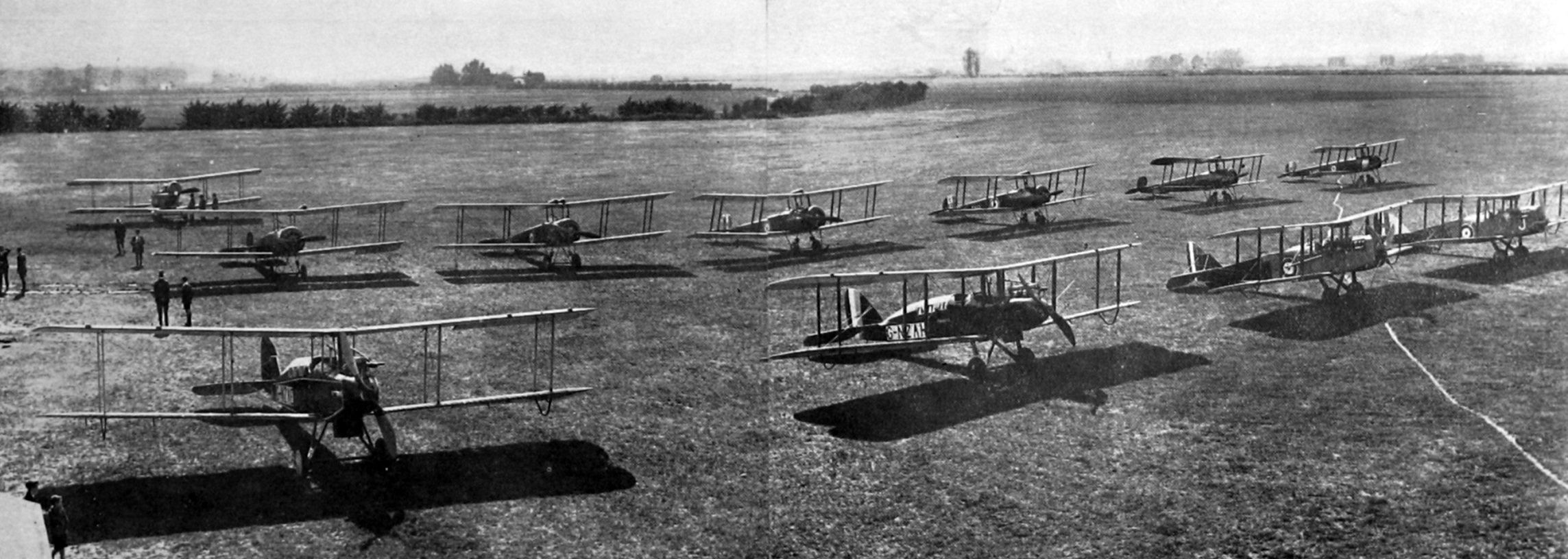

Accolades for NZ meat
From acknowledgments received from all parts of Great Britain as we quote below it may be conjectured that there should be an increased market for New Zealand lamb. From Dumfries: ‘‘Frozen lamb is rather an innovation in our household, but the whole family are agreed that this New Zealand lamb was equal in quality to any home-killed variety.’’ From Edinburgh: ‘‘We all agree it is the finest bit of lamb we have ever eaten.’’ From Symington: ‘‘In my opinion it is equal to Scotch blackfaced, than which there is no better.’’ From St Leonard’s-on-Sea: ‘‘It was tender as a chicken.’’ From Selby: ‘‘We find it delicious. It is the first time we have tried it, but shall certainly buy it in future, as I much prefer it far before English.’’ From Hamerton: ‘‘Received lamb quite safe on the 9th, and I must say for tenderness and flavour it was simply beautiful.’’ From Coldstream: ‘‘The lamb has proved excellent eating, and we could scarcely tell any difference between it and our own home-grown lamb, and we live in a district famed for its beef and mutton.’’
The corner of a foreign field
Sir James Allen has been in communication with the Imperial War Graves Commission with a view to making arrangements for the care of the French and Belgian battle memorials. The commission will inspect the monuments themselves once a year and carry out any repairs that are necessary. This will cost about £2 a year. The horticultural branch of the commission will also make themselves responsible for the gardens enclosing the monuments at a charge for the Longueval, Gravenstafel, and probably the Messines memorial, of £20 a year. The garden at Le Quesnoy, however, is a more difficult task as it is larger and contains a quantity of New Zealand shrubs and plants, and for the upkeep of this a charge of £40 will be made. The horticultural branch will be responsible not only for the care of the gardens, but also for replacing the plants and generally keeping the flora of the plots up to standard. By an oversight the Messines memorial was not mentioned in the communication to the High Commissioner, so, pending this amendment, the agreement awaits signature.
High Commissioner seeks boys
Sir James Allen is visiting many orphanages throughout Britain to find the first 50 boy immigrants under the New Zealand sheepowners’ scheme for assisting orphans of wartime seamen. He is enlisting the help of orphanages and education authorities in selecting the boys.
Pinus radiata the way to go
Our natural forests are being rapidly exhausted. The demand for timber is increasing and the supply diminishing. Each year the value of timber goes up. Pinus insignis trees today are worth £1 to £5 each. It is estimated that in 10 years’ time their price will have doubled. — ODT 18.2.1924
Compiled by Peter Dowden












